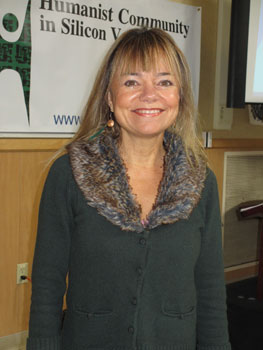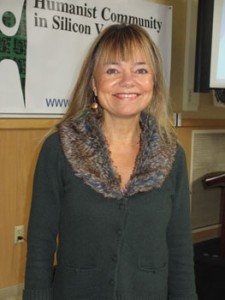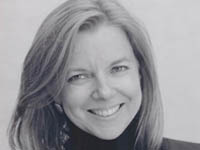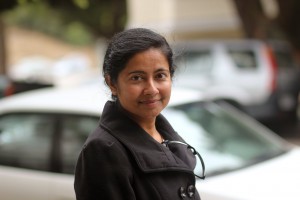Paul Salazar
Jan 04, 2015
What foundation did Carl Sagan create in 1980 with “Cosmos: A Personal Voyage”, and how did Neil deGrasse Tyson and others improve upon that foundation with “Cosmos: A Spacetime Odyssey” in 2014?
One might have thought at Sagan’s time that we had reached an incredible frontier in our understanding of the universe, but in fact in the decades that followed, tremendous advances in particle physics, astrophysics, astronomy, and revolutionary theories in cosmology opened new doors and raised even deeper questions about our place in the universe.
We will explore these developments and discuss “what’s new in astronomy, astrophysics and cosmology” by considering Cosmos 1980 versus Cosmos 2014.
Paul Salazar is a lifelong amateur astronomer, blogger and public speaker on the topic of astronomy. Paul has given talks at the California Academy of Sciences, the Exploratorium, and CuriOdyssey, and is an occasional guest on KGO, KFOG and KALW. He is a member of the San Francisco Amateur Astronomers and gives ‘star talks’ at events throughout the Bay Area. Paul is a graduate of the Stanford University School of Engineering and the Stanford Graduate School of Business, and when he is not out under the stars he can be found working as an executive at Hazelcast, a Palo Alto-based startup. Paul lives in San Francisco.
Humanist Community Forum (2015-01-04): Cosmos 1980 versus Cosmos 2014 (Paul Salazar) from Humanist Community-SiliconValley on Vimeo.






